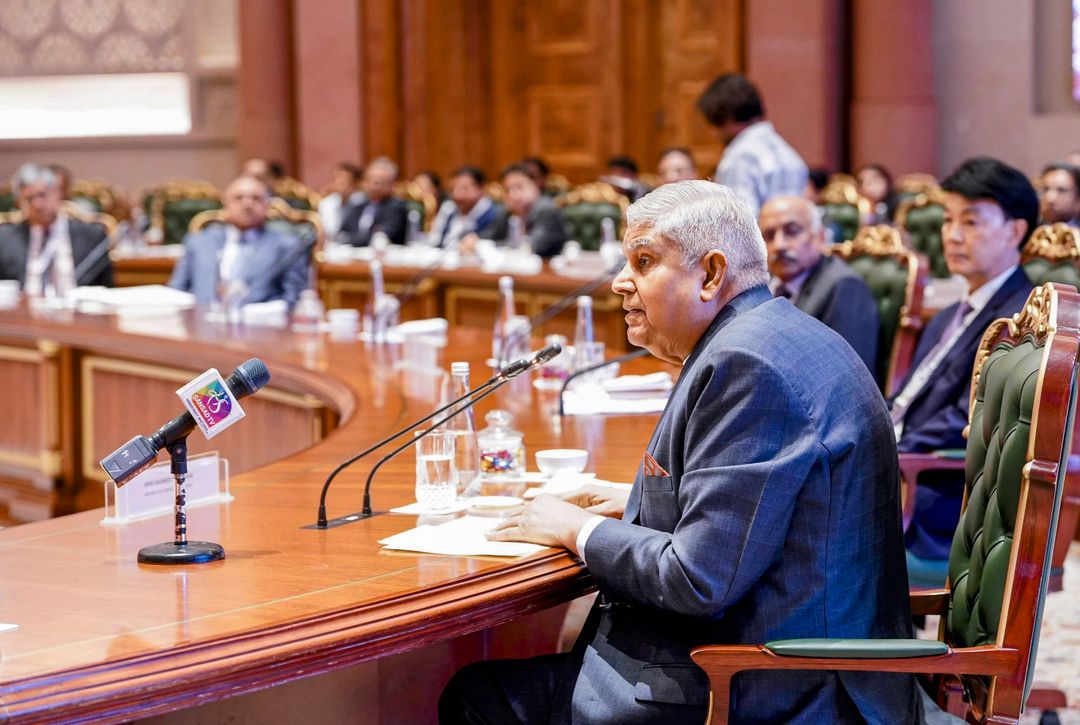
New Delhi, March 1: Vice President Jagdeep Dhankhar raised concerns on Saturday about the excessive use of Special Leave Petitions (SLPs), highlighting that its intended "narrow slit" provision has significantly widened, negatively impacting India's arbitration ecosystem.
Speaking at an arbitration conference in New Delhi, Dhankhar emphasized the original intent behind Article 136 of the Constitution, designed to provide limited and exceptional grounds for appeal to the Supreme Court. However, he noted the scope has expanded drastically, describing the current situation as the "demolition of the wall," allowing appeals on an excessively broad range of judicial matters.
"Article 136 intervention was supposed to be a narrow slit. The wall has been demolished with anything and everything under the sun, including what a magistrate, sessions judge, district judge, or a high court judge has to do," Dhankhar stated.
Special Leave Petition and its Impact on Arbitration
Under Article 136, the Supreme Court is empowered to grant "special leave" to appeal against any judgment or order from any court in India. Vice President Dhankhar stressed that the broadened use of this provision, commonly known as Special Leave Petition (SLP), undermines the efficiency of arbitration processes, particularly affecting micro and small industries that seek swift resolution of commercial disputes."The issue which you are debating is of critical importance to micro and small industries. They want a facile, easy arbitral process," he added.
Need for Domain Experts in Arbitration
The Vice President also highlighted another critical issue—the lack of domain-specific expertise within arbitration tribunals. He referenced an observation by former Chief Justice of India, D.Y. Chandrachud, who had previously described arbitration as becoming an "old boys club," predominantly featuring retired judges.Dhankhar clarified his position, stating:
He argued that involving specialists in these complex matters would significantly enhance the efficacy of arbitration, making dispute resolution more effective and credible."Retired judges of this country are an asset to the arbitral process, but there are areas where arbitral tribunals need to be supplemented by experts in the fields of oceanography, aviation, and infrastructure."
India's Position in International Arbitration
Expressing his concern, Dhankhar lamented India's lack of prominence as an international arbitration hub, noting that the country is not perceived as a favored destination for resolving international commercial disputes.The Vice President’s comments call attention to critical reforms needed within India's arbitration framework, suggesting that tightening the use of Article 136 and incorporating domain expertise could help establish India as a global center for arbitration."We are not in the minds of people having commercial relationships with us when it comes to international commercial arbitration," Dhankhar concluded.